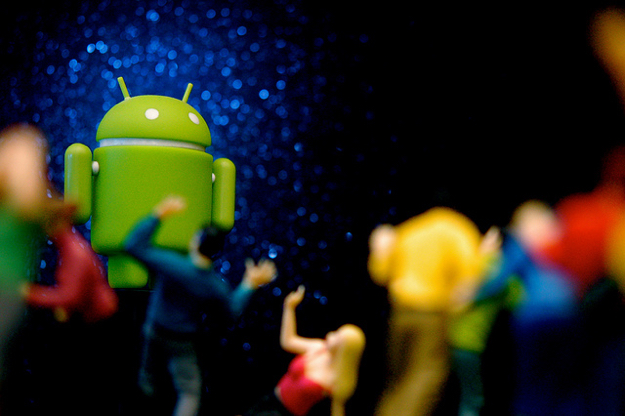Android Devices Are Secretly Sending Location Data To Google Regardless Of User Privacy Settings
However, it appears that Google hasn't been playing nice, and has been harvesting location data of nearby cell towers from Android users -- giving Google access to your daily travails -- even when location sharing has been disabled within the operating system. This breach in protocol was uncovered by Quartz, which says that Google has been tracking location data on Android users -- despite some users actively disabling that functionality -- since the beginning of 2017.

According to Quartz, the tracking takes place even if you turn off location data, remove your SIM card, and haven't even installed any apps on a "factory fresh" device. In the case of devices that don't have a SIM card installed, location data is recorded and stored until a device is within Wi-Fi range. Once a connection is made to the internet, the data is then sent to Google's servers.
Google, for its part, says that nothing is nefarious about its collection of location data, and that it has been using it to enhance message delivery. “In January of this year, we began looking into using Cell ID codes as an additional signal to further improve the speed and performance of message delivery,” said a Google spokesperson. “However, we never incorporated Cell ID into our network sync system, so that data was immediately discarded, and we updated it to no longer request Cell ID.”
Quartz seems to believe that the cover story of aiding in message delivery -- in this case, the Firebase Cloud Messaging service that is installed and run by default on Android devices -- is a bit dubious at best, and thinks that it is a clear violation of user privacy. "While information about a single cell tower can only offer an approximation of where a mobile device actually is, multiple towers can be used to triangulate its location to within about a quarter-mile radius, or to a more exact pinpoint in urban areas, where cell towers are closer together," writes the publication.
After being called out about the practice, Google said that it will stop Android devices from sending the Cell ID by the end of this month. It was not stated whether this was a previously planned decision, or if it was a result of the practice being brought to light.
(Image Source: JD Hancock/flickr)

